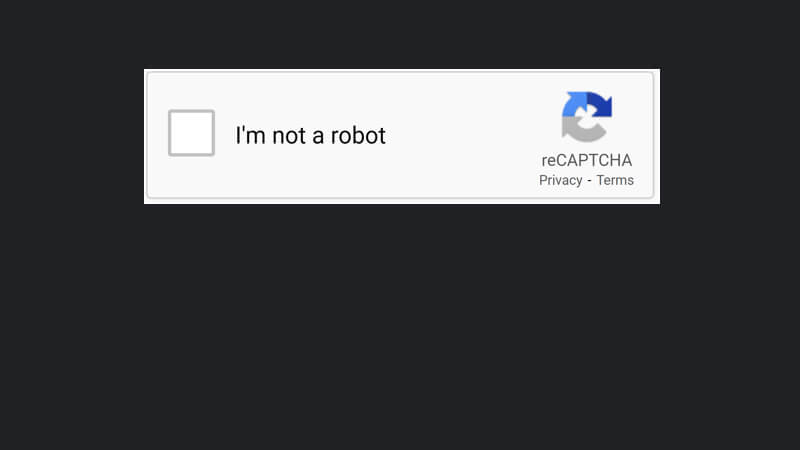
According to a recent study, AI can solve so-called captchas within seconds. This could soon make the test programs unnecessary. Researchers are already working on solutions, but they also involve risks.
In recent years, the Internet has become a volatile place. On the one hand, a gigantic amount of content is created every hour. On the other hand, malicious actors are increasingly using bots to further their own agenda.
Until now, captchas were considered an effective protection mechanism. But due to rapid progress in the field of artificial intelligence (AI), they are increasingly losing their effectiveness. One in July 2024 published study shows that AI tools can now solve these puzzles faster than humans.
This is a big problem because it makes it increasingly difficult to distinguish between real users and bots. Researchers have therefore been working on alternatives for some time. The problem is that these should not make interaction with content on the Internet unnecessarily difficult.
AI makes captchas superfluous: proof of personality as an alternative?
A possible alternative to Captchas could be proof of personality. Researchers at the Massachusetts Institute of Technology (MIT) and other renowned institutions are currently working on this. The system could verify human users without revealing sensitive personal information.
Users would have to present identification features that are difficult to forge, such as their tax ID. Because an AI algorithm cannot easily obtain such information. However, the approach is not easy to implement. Finally, there are legitimate concerns about possible surveillance and data protection.
Proof of personality carries risks
Critics warn that the potential for misuse of personality certificates is enormous. Because users could sell their identities to AI spammers for a fee. In addition, institutions that issue these certificates have great power, which would be problematic in the event of a hacker attack.
Misuse by internet fraudsters, especially among people who are less tech-savvy, also poses a risk. Researchers therefore recommend a pilot project under government supervision to initially test such a system. While AI appears to make captchas obsolete, the search for secure alternatives is complex. Although the proposed personality tests offer advantages, they also raise new security questions.
Also interesting:
- A system against fake images on the Internet: What is C2PA?
- Model collapse: Is AI killing itself – and the Internet too?
- Fake apartments on the Internet: How to recognize false real estate advertisements
- Manipulation on the Internet: What are Dark Patterns?
The article AI solves captchas within seconds: But what alternatives are there? by Felix Baumann first appeared on BASIC thinking. Follow us too Facebook, Twitter and Instagram.
As a Tech Industry expert, I am impressed by the speed and efficiency with which AI can solve captchas within seconds. This advancement in technology showcases the power and potential of artificial intelligence in solving complex problems quickly and accurately.
However, while AI may be able to solve captchas with ease, it also raises concerns about the implications for online security and privacy. Captchas are designed to distinguish between human users and bots, and by bypassing them so easily, AI could potentially enable malicious actors to automate fraudulent activities on a large scale.
In light of these concerns, it is important to consider alternative methods for ensuring online security and preventing automated attacks. One potential solution could be the development of more advanced and sophisticated captchas that are specifically designed to be resistant to AI algorithms. These captchas could incorporate additional layers of security, such as image recognition or behavioral analysis, to make it more difficult for AI to solve them.
Another alternative could be the implementation of multi-factor authentication systems that require users to verify their identity through multiple methods, such as a combination of passwords, biometric data, and security questions. This would add an extra layer of protection against automated attacks and ensure that only legitimate users are able to access sensitive information.
Overall, while AI may be able to solve captchas within seconds, it is important to consider the potential implications for online security and privacy. By exploring alternative methods for protecting against automated attacks, we can ensure that our online systems remain secure and resilient in the face of advancing technology.
Credits